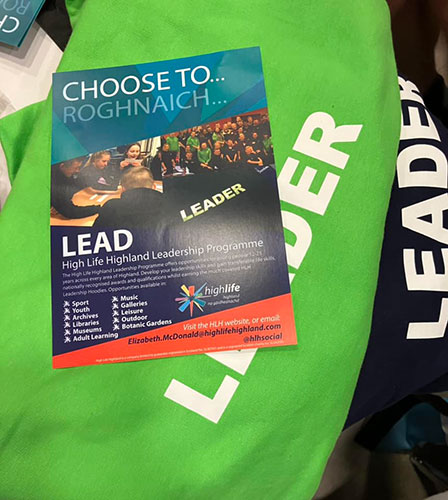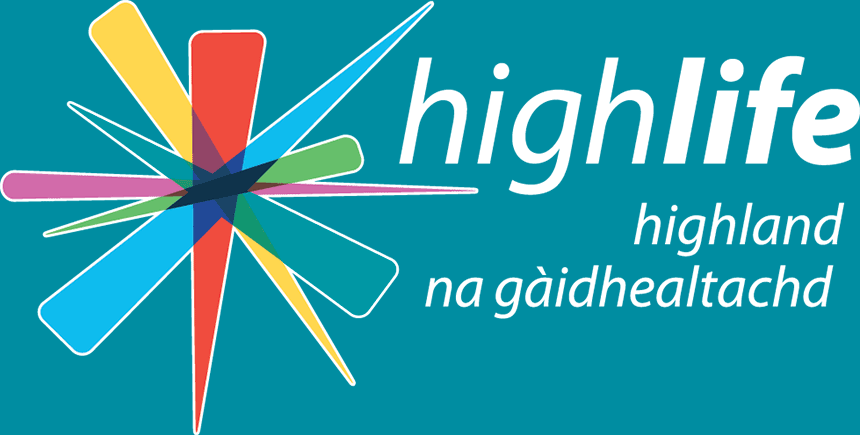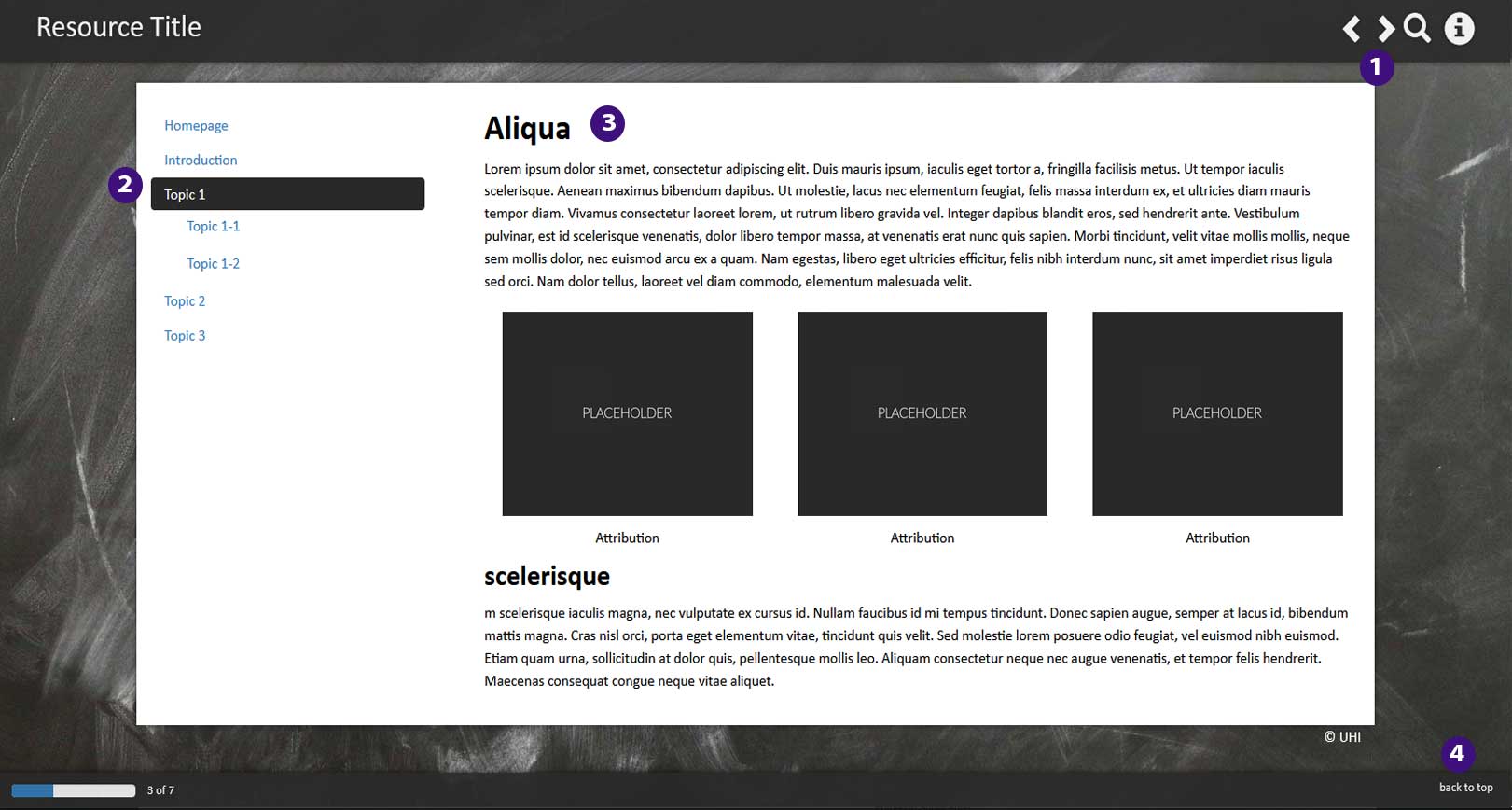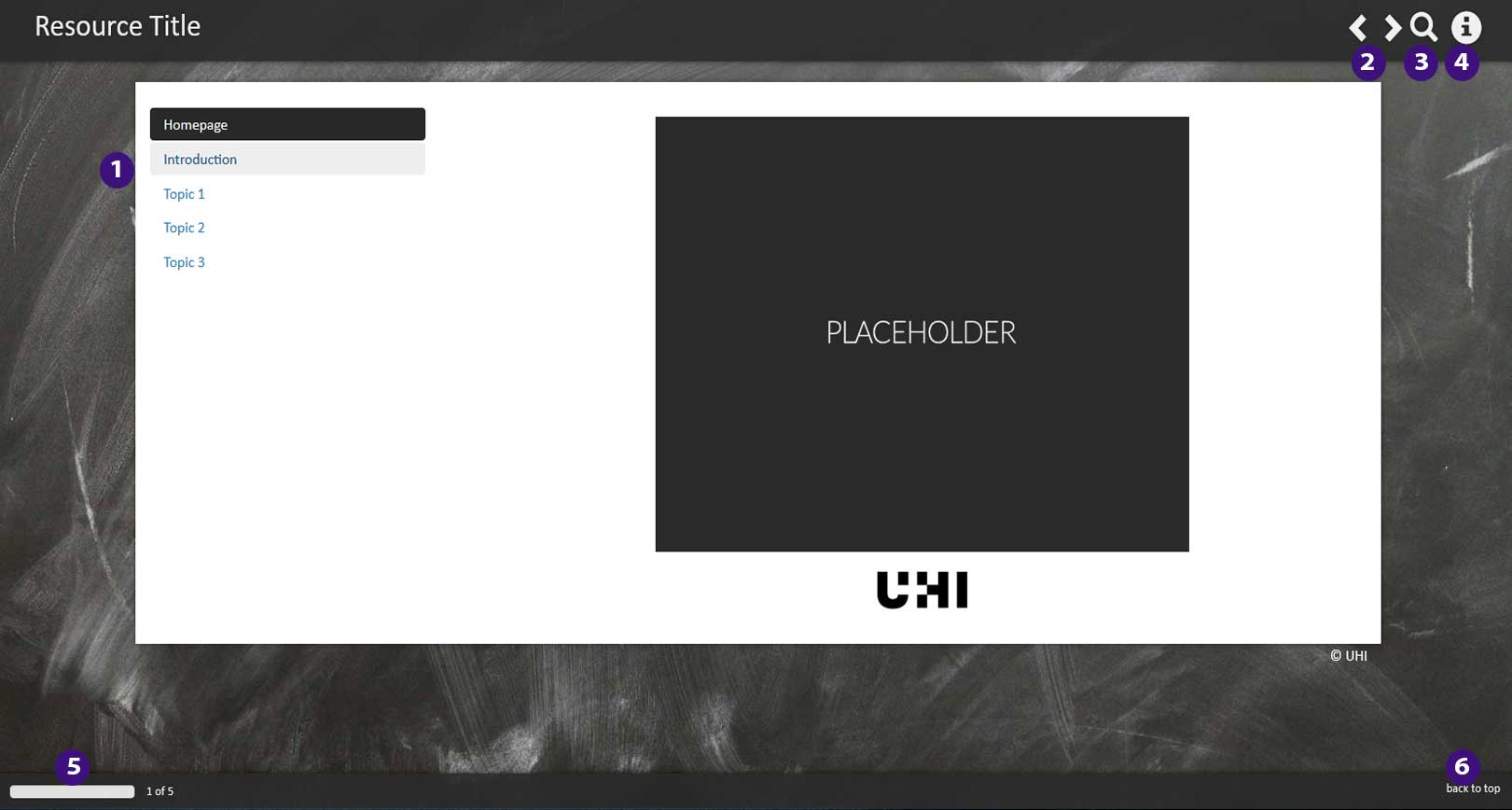
Choose to Lead
High Life Highland Leadership Award
SCQF Level 5
Award Specification and Guidance
The award is comprised of 1 unit
Unit 1 – Assisting in School and Community Activities- worth 4.0 credits at SCQF level 5
The aim of this award is to enable our Leadership Volunteers to grow and develop as active citizens in their schools and communities.
To gain a Level 5 award requires participation in 40 hours of leadership activity which will include a leadership placement of 30 hours.
This guidance provides candidates and mentors with the information required to complete the units and learning outcomes necessary to achieve the High Life Highland Choose to Lead Award. The Leadership Plan and Leadership Activity Log are also attached.
Candidate
This is an inclusive award suitable for all young people aged 12-25 years (flexible) who are aspiring to develop themselves and improve their employability skills in preparation for future employment or further education. To be successful in the full award all young leaders must complete both units and undertake a 30 hour leadership placement. It is expected the award will also provide the young leaders with a pathway to future learning and further opportunities in leadership, volunteering and employment.

Assessment
Evidence is required to demonstrate that learners have achieved all outcomes and performance criteria. For the purposes of assessment, you will be asked to record all evidence in the Leadership Activity Log provided. This can also be digitally recorded if required. It is essential that all work is well presented - preferably typed. Any candidate with additional support needs may use assistance as required. Throughout this unit you will be assessed in a number of different ways and assessed as you go along rather than all at the end of the unit. So that assessments can be fair to all candidates, assessments are checked by other mentors. This is a process called internal verification. If you are unsuccessful in an assessment you will be offered the opportunity to be re-assessed. Depending on the arrangements for re-assessment, this may involve retaking the whole assessment or just a part of it. You will normally be allowed one re-assessment opportunity.
Mitigating circumstances
There may be times when you cannot complete an assessment due to circumstances beyond your control e.g. illness or serious accident at the time of assessment. As a result you can ask that these circumstances are considered by Highlife Highland and Inverness College UHI. Submitting a request does not necessarily mean that it will be accepted. For more information on Mitigating Circumstances, you should speak with your mentor/tutor.

Cheating and plagiarism
There are various forms of academic dishonesty but in the student’s context it means cheating in examinations or presenting work which is not your own. Plagiarism is a form of cheating which takes place when the student borrows or copies information, data or results from an unacknowledged source. If carried out knowingly, cheating and plagiarism have the objective in deceiving the tutor/mentor and this threatens the integrity and value of the award. Any student found to have used unfair means in an assessment will be penalised.
Gaining a pass
Acceptable performance will be the satisfactory achievement of the standards set out in the unit specification. Your evidence will be assessed to ensure it meets all the requirements of the Learning Outcomes. When this is approved you will be awarded the High Life Highland Choose To Lead award, worth four SCQF credit points at SCQF Level 5 (this is at the equivalent level to a National 5). You will also be awarded a Red High Life Highland Leadership Hoodie and certificate.
The SCQF
The Scottish Credit and Qualifications Framework (SCQF) is a framework of Scottish qualifications that includes University Degrees, SQA Highers, HNCs, HNDs, and many other awarding bodies, for example City and Guilds. Each qualification on the framework has been formally approved to a particular standard by a credit-rating body, (eg: a college, university or other approved body). In the case of HLH Choose To Lead award the credit rating body is Inverness College UHI. The level of qualification shows how difficult the learning is. For example, one person may study at National 4 (SCQF level 4) and another at Higher (SCQF level 6). Both qualifications have 24 credit points but have different levels of difficulty.
Recognition of prior learning
If the learner has reliable and valid evidence of previously acquired knowledge, skills or understanding required by the award this may be used towards achieving the Choose To Lead qualification.
The learning outcomes
This award consists of one unit with three learning outcomes. To pass you must achieve all of the Performance Criteria in each learning outcome. We recommend you tackle the Learning Outcomes (LO’s) in the order in which they are numbered, by doing this you will build your knowledge in gradual steps. The Performance Criteria have been structured with this in mind.
Unit 1: Assisting in School and Community Activities
Acceptable performance will be the satisfactory achievement of the standards set out in this part of the unit specification. All sections of the statement of standards are mandatory and cannot be altered without reference to High Life Highland and UHI Inverness.
Plan a leadership activity
Performance Criteria
- Describe your role in the activity and that of those supporting the activity.
- Describe the factors which may impact on the success of the activity.
- Identify the risks involved in the activity.
Lead an activity in the community
Performance Criteria
- Demonstrate that you have led an activity consistently over time.
- Use feedback from participants to implement strategies to manage improvements throughout the activity.
Review and evaluate the leadership experience
Performance Criteria
- Review the success of the activity.
- Evaluate your performance as a leader.
Evidence is required to demonstrate that learners have achieved all Outcomes and Performance Criteria.
Learners are required to produce a portfolio of evidence covering the Performance Criteria. Assessment evidence can be drawn from a variety of activities and presented in various formats, for example, e-portfolio, presentations, posters, brief written responses to questions and/or participation in group tasks. The evidence does not need to be from one activity and can be assembled from a variety of tasks and assessments carried out during the course.
Evidence must be generated through open-book conditions but must demonstrate that learners have:
- Lead an activity over a period of time
- Evaluated the leadership activity
Assessment for the unit will consist of gathering evidence to show that the learner has met the performance criteria. Assessment evidence can be presented in any form appropriate to the learner and the activity undertaken, for example:
- Written record (activity log book)
- Recording of interviews
- Emails
- Blogs
- Assessor record of learner responses
- Review sheets
- Diaries
- Log books
- Evaluation sheets
- Videos
- Photographs
- Electronic presentations
- Electronic journals
The following table gives an indication of hours the candidate will spend on each activity. The student should spend 30 hours on the leadership activity.
Credit Rating Table
|
Learning Activity |
Formal input (hours) |
Additional Activities (hours) |
Assessment (hours) |
Total time |
|
Assessed Research Activity |
2.0 |
30.0 |
|
32.0 |
|
Formal Taught Input |
3.0 |
|
|
3.0 |
|
Preparation for Assessment |
5.0 |
|
|
5.0 |
|
Total Number of Notional Hours |
|
|
|
40.0 |
The following is a suggestion of the type of evidence which could be used for each learning outcome.
Outcome 1
Written and/or oral evidence showing a range of research activities have been carried out
Suggested approaches for evidence would be an activity log and written evidence consisting of a description of the factors affecting the activity, verbal or written evidence identifying possible risks and factors which may impact the activity and evaluation of the role, a risk assessment and activity log.
Outcome 2
Written and/or oral evidence
Suggested approaches for evidence would be details of negotiated roles of those involved in the activity, team planning action log, evaluation of each event, remediation taken and strategies implemented throughout, completion of leadership log, video or still images of events.
Outcome 3
Written and/or oral evidence
Suggested approaches for evidence would be details of planning activity, assessment of performance following each event, videos or still images of events, evaluation of the project identifying the success and challenges of the project and its impact on community.
Guidance on the content and context for this award
Unit support notes are offered as guidance and are not mandatory. Each learner should provide their own documentation to their portfolio. There are opportunities for the candidate to develop ‘soft skills’, for example:
- Time management
- Group management
- Change management
- Communication skills
- IT skills
- Organisational skills
- Project management skills
- Risk management
- Decision making
- Problem solving
- Planning & delivery
- Strategic thinking
- Understanding confidentiality
- Team working
- Conflict resolution
- Citizenship
Guidance on approaches to delivery of this award
Learner activities should relate to their personal, vocational or study interests. For example, learners should be permitted to choose topics which reflect their interests or agreed curriculum needs, rather than prescribed topics chosen by their assessor.
The award has been constructed so that the Outcomes can be delivered holistically or in the order that they appear. The time allocated to each outcome is at the discretion of the centre but 40 hours should be allowed.
There are opportunities for the candidate to develop ‘soft skills’, for example:
- Time management
- Group management
- Change management
- Communication skills
- IT skills
- Organisational skills
- Project management skills
- Risk management
- Decision making
- Problem solving
- Planning & delivery
- Strategic thinking
- Understanding confidentiality
- Team working
- Conflict resolution
- Citizenship
Guidance on approaches to assessment of this unit
The assessment should be contextualised. A holistic approach is recommended for the assessment of the award and evidence must be generated through open book conditions. Learners are required to produce a portfolio of evidence covering the Performance Criteria. Assessment evidence can be drawn from a variety of activities and presented in various formats, for example, e-portfolio, presentations, posters, brief written responses to questions and/or participation in group tasks. The evidence does not need to be from one activity and can be assembled from a variety of tasks and assessments carried out during the course.
Student workbook
Download
Download this Choose to Lead SCQF 5 Student Workbook. One you have added in your details, please pass it on to your mentor or other supporting adult to complete.












